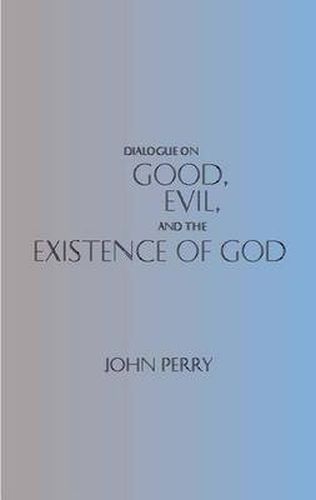Readings Newsletter
Become a Readings Member to make your shopping experience even easier.
Sign in or sign up for free!
You’re not far away from qualifying for FREE standard shipping within Australia
You’ve qualified for FREE standard shipping within Australia
The cart is loading…






John Perry–author of the acclaimed Dialogue on Personal Identity and Immortality (Hackett Publishing Co., 1978)–revisits Gretchen Weirob in this lively and absorbing dialogue on good, evil, and the existence of God. In the early part of the work, Gretchen and her friends consider whether evil provides a problem for those who believe in the perfection of God. As the discussion continues they consider the nature of human evil whether, for example, fully rational actions can be intentionally evil. Recurring themes are the distinction between natural evil and evil done by free agents, and the problems the Holocaust and other cases of genocide pose for conceptions of the universe as a basically good place, or humans as basically good beings. Once again, Perry’s ability to get at the heart of matters combines with his exemplary skill at writing the dialogue form. An ideal volume for introducing students to the subtleties and intricacies of philosophical discussion.
$9.00 standard shipping within Australia
FREE standard shipping within Australia for orders over $100.00
Express & International shipping calculated at checkout
John Perry–author of the acclaimed Dialogue on Personal Identity and Immortality (Hackett Publishing Co., 1978)–revisits Gretchen Weirob in this lively and absorbing dialogue on good, evil, and the existence of God. In the early part of the work, Gretchen and her friends consider whether evil provides a problem for those who believe in the perfection of God. As the discussion continues they consider the nature of human evil whether, for example, fully rational actions can be intentionally evil. Recurring themes are the distinction between natural evil and evil done by free agents, and the problems the Holocaust and other cases of genocide pose for conceptions of the universe as a basically good place, or humans as basically good beings. Once again, Perry’s ability to get at the heart of matters combines with his exemplary skill at writing the dialogue form. An ideal volume for introducing students to the subtleties and intricacies of philosophical discussion.